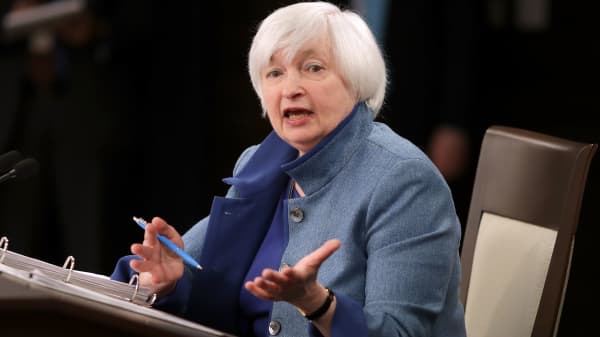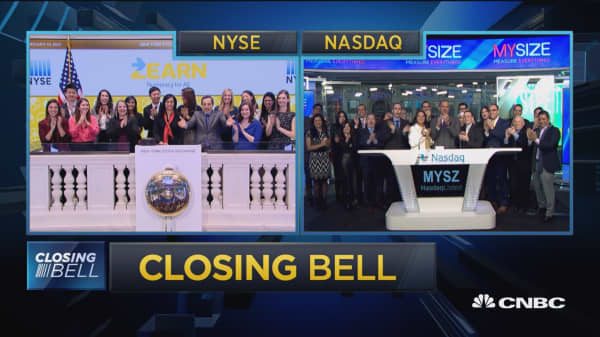The Federal Reserve's acknowledgement of slightly faster growth, slightly higher inflation and strengthening business and consumer sentiment are reassuring in these uncertain times. However, the Fed offered scant guidance on the future course of interest rates, nor the speed with which they may raise them.
Some market observers were anticipating a slightly more hawkish statement thanks to expectations of strong stimulus from the Trump administration and a GOP-controlled Congress.
But given the issues the new Administration has encountered in its first 11 days which included a confusing attempt to limit refugees coming into the U.S.; tough talk on trade; a war with the press and a rather split personality over which businesses it favors and which it doesn't, maybe, just maybe, the Fed is doubting that stimulus will be coming as swiftly and as forcefully as the markets and many observers, myself included, had anticipated.





